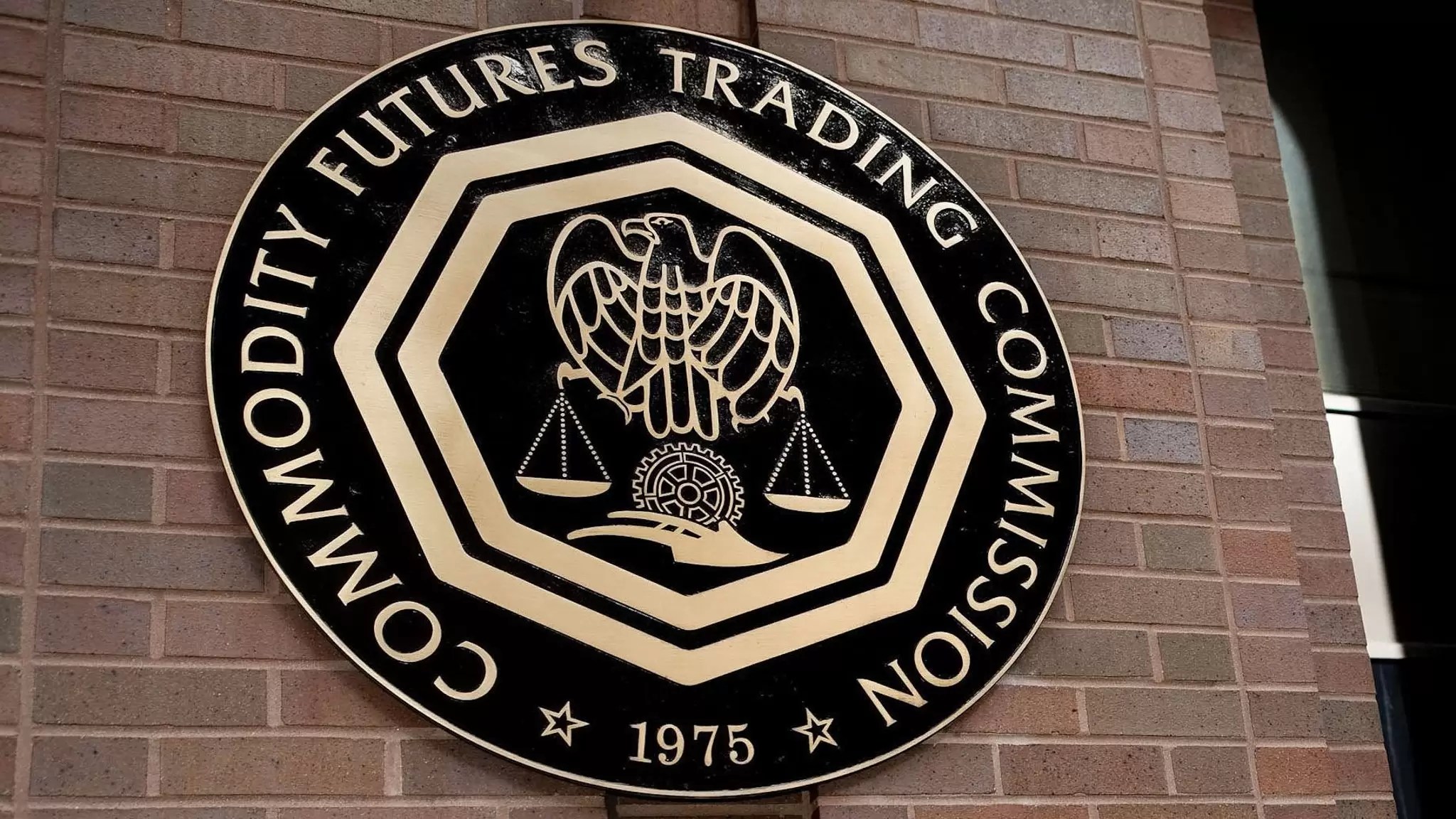Is AI Portfolio Management Meeting Investor Expectations on Realities?
The post Is AI Portfolio Management Meeting Investor Expectations on Realities? appeared on BitcoinEthereumNews.com. TLDR Despite the AI investment buzz, AI-driven ETFs are trailing traditional market indices. Investor expectations may not align with the reality of AI-driven fund outcomes. In the early stages, AI-focused actively managed funds are navigating an unconventional landscape. In the midst of a fervor surrounding artificial intelligence in the investment realm, the performance of AI-powered exchange-traded funds (ETFs) is raising eyebrows. While technology and semiconductor-focused funds soar, the spotlight turns to AI-driven ETFs, which, despite the promise of advanced algorithms and data processing, are grappling to outperform traditional market benchmarks. The real story lies in the underwhelming performance of these funds, challenging the prevailing narrative that AI is set to revolutionize portfolio management. The struggles of AI-powered ETFs Artificial intelligence, heralded as a game-changer in the investment landscape, is facing a reality check as AI-focused ETFs falter in comparison to traditional counterparts. The Invesco QQQ Trust and VanEck Semiconductor ETF have seen remarkable gains, fueled by tech giants like Nvidia. In stark contrast, ETFs utilizing AI for portfolio construction, even with three- or five-year track records, are trailing behind broader markets. The AI Powered Equity ETF (AIEQ), managing $103.6 million, has experienced a mere 6.5% year-to-date gain and an annualized 4% five-year return, falling short of the impressive surges seen in traditional funds. EquBot’s CEO, Chida Khatua, explains the fund’s approach, utilizing IBM Watson to analyze vast datasets for over 6,000 U.S. companies. But, the fund’s performance, especially compared to the S&P 500, reveals a struggle to live up to the AI hype. The largest player in the AI ETF arena, the $1.6 billion SDPR S&P Kensho New Economies Composite ETF (KOMP), is also underperforming. With a negligible 0.08% year-to-date gain and a 4.3% decline on a three-year annualized basis, questions arise about the viability of AI in constructing robust…

The post Is AI Portfolio Management Meeting Investor Expectations on Realities? appeared on BitcoinEthereumNews.com.
TLDR Despite the AI investment buzz, AI-driven ETFs are trailing traditional market indices. Investor expectations may not align with the reality of AI-driven fund outcomes. In the early stages, AI-focused actively managed funds are navigating an unconventional landscape. In the midst of a fervor surrounding artificial intelligence in the investment realm, the performance of AI-powered exchange-traded funds (ETFs) is raising eyebrows. While technology and semiconductor-focused funds soar, the spotlight turns to AI-driven ETFs, which, despite the promise of advanced algorithms and data processing, are grappling to outperform traditional market benchmarks. The real story lies in the underwhelming performance of these funds, challenging the prevailing narrative that AI is set to revolutionize portfolio management. The struggles of AI-powered ETFs Artificial intelligence, heralded as a game-changer in the investment landscape, is facing a reality check as AI-focused ETFs falter in comparison to traditional counterparts. The Invesco QQQ Trust and VanEck Semiconductor ETF have seen remarkable gains, fueled by tech giants like Nvidia. In stark contrast, ETFs utilizing AI for portfolio construction, even with three- or five-year track records, are trailing behind broader markets. The AI Powered Equity ETF (AIEQ), managing $103.6 million, has experienced a mere 6.5% year-to-date gain and an annualized 4% five-year return, falling short of the impressive surges seen in traditional funds. EquBot’s CEO, Chida Khatua, explains the fund’s approach, utilizing IBM Watson to analyze vast datasets for over 6,000 U.S. companies. But, the fund’s performance, especially compared to the S&P 500, reveals a struggle to live up to the AI hype. The largest player in the AI ETF arena, the $1.6 billion SDPR S&P Kensho New Economies Composite ETF (KOMP), is also underperforming. With a negligible 0.08% year-to-date gain and a 4.3% decline on a three-year annualized basis, questions arise about the viability of AI in constructing robust…
What's Your Reaction?




























![Jermaine Dupri Reacts to Top Strip Club Songs in Atlanta: ‘They Gotta Be Top 5 Over That [Young] Nudy Song’ | Billboard News](https://www.billboard.com/wp-content/uploads/2025/09/billboardnews_jermainedupri_thumb.jpg?w=1024)








